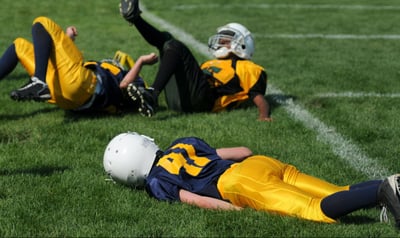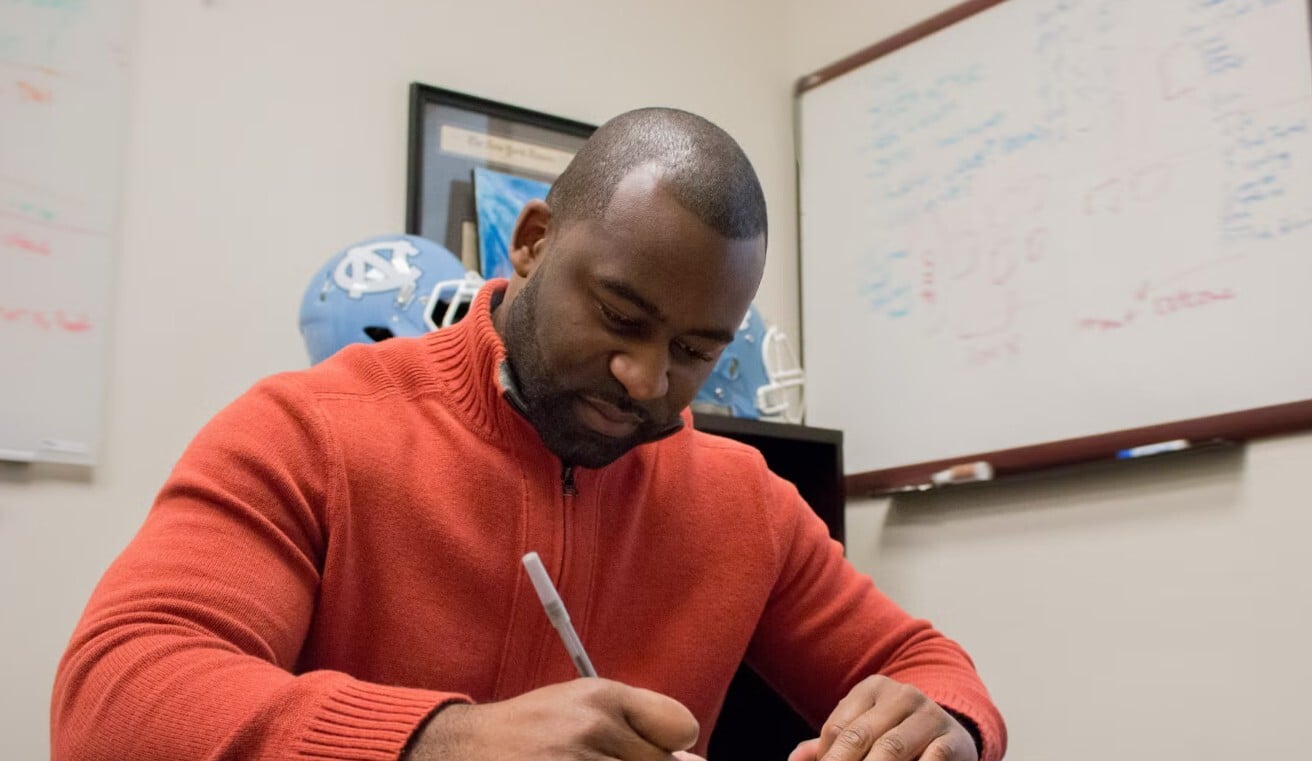Mental Health's Crucial Role in Sports Concussion Recovery
 The relationship between mental health and sports concussion recovery is gaining increasing attention in the realm of sports medicine.
The relationship between mental health and sports concussion recovery is gaining increasing attention in the realm of sports medicine.
In a recent Q&A with Penn State News, Peter Arnett, a professor of psychology and clinical neuropsychologist, and Garrett Thomas, a doctoral candidate in sports neuropsychology, shared insights from their research into this critical connection. One key finding from their study is that underlying mental health conditions, such as depression and anxiety, can mimic symptoms commonly reported post-concussion.
One key finding from their study is that underlying mental health conditions, such as depression and anxiety, can mimic symptoms commonly reported post-concussion.
This similarity can lead to delays in athletes returning to their sports and other activities, as these symptoms are often mistakenly attributed solely to the concussion.
Arnett explains how concussion testing works, including memory tests like word lists and cancellation tests, which assess sustained attention and processing speed.
Thomas emphasizes the importance of proactive screening for mental health issues among athletes from the outset.
Early identification and treatment of conditions like depression and anxiety can not only aid in better concussion management but also enhance overall cognitive function and athletic performance.
The treatment of concussions involves a protocol that encourages gradual return to activity rather than complete rest in a dark room, which was previously advised.
This approach applies to athletes with or without depression or anxiety, integrating support from mental health professionals.
Arnett highlights the role of psychoeducation in aiding recovery from concussions. Informing athletes about what to expect during their recovery can significantly improve outcomes.
Additionally, factors like adequate sleep and overall wellness are crucial in both concussion recovery and prevention.
Both Arnett and Thomas stress the importance of treating mental health issues, drawing parallels between mental and physical health training.
They suggest that addressing these issues can not only improve cognitive function but also potentially enhance athletic performance.
Their research underscores the need for integrated care approaches that consider both the physical and mental aspects of athlete health, particularly in the context of concussion management.
![HR Logo [Recovered]_Full Color Vertical-1](https://blog.healthyroster.com/hs-fs/hubfs/HR%20Logo%20%5BRecovered%5D_Full%20Color%20Vertical-1.png?width=199&height=178&name=HR%20Logo%20%5BRecovered%5D_Full%20Color%20Vertical-1.png)
 By
By


